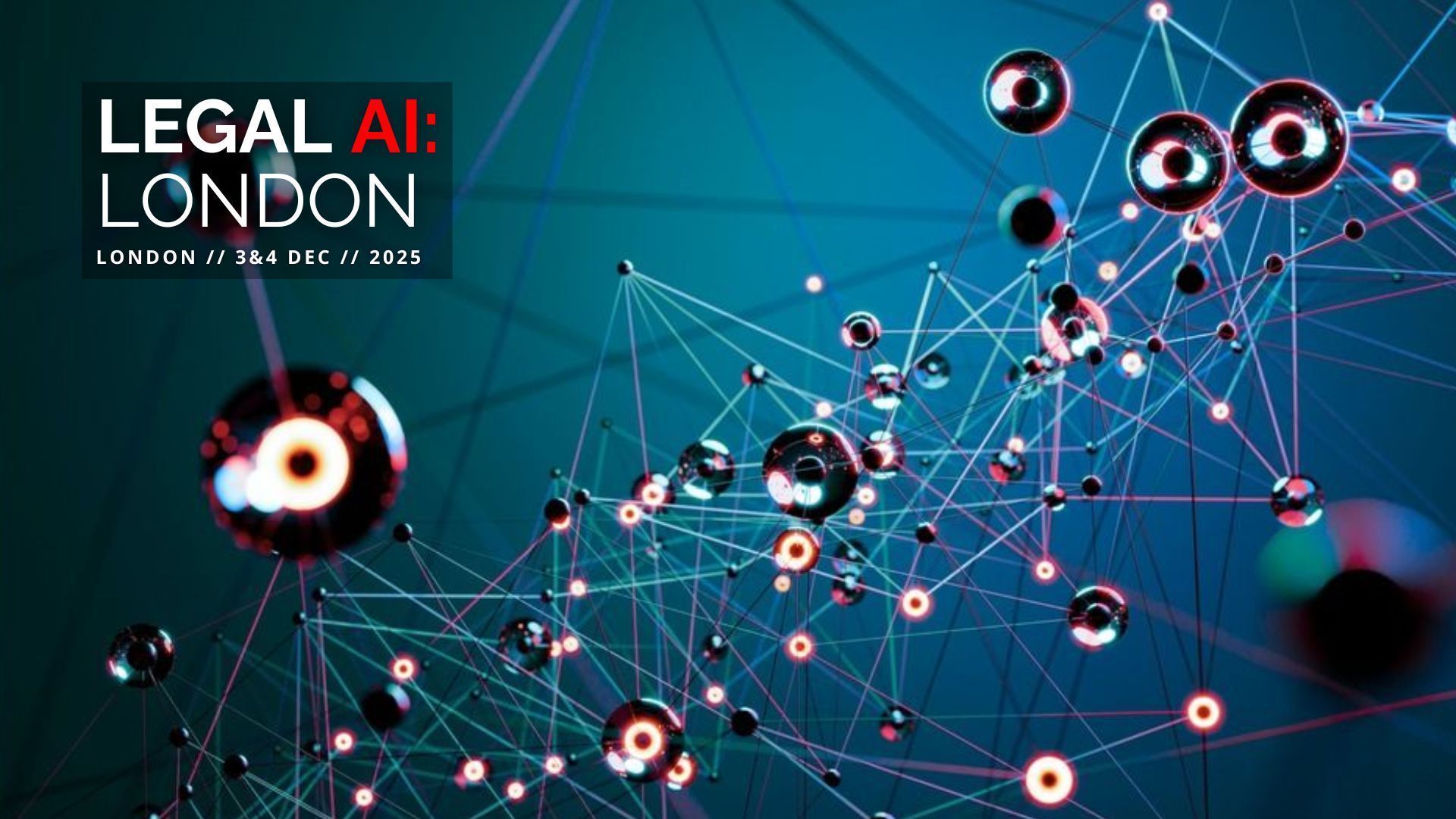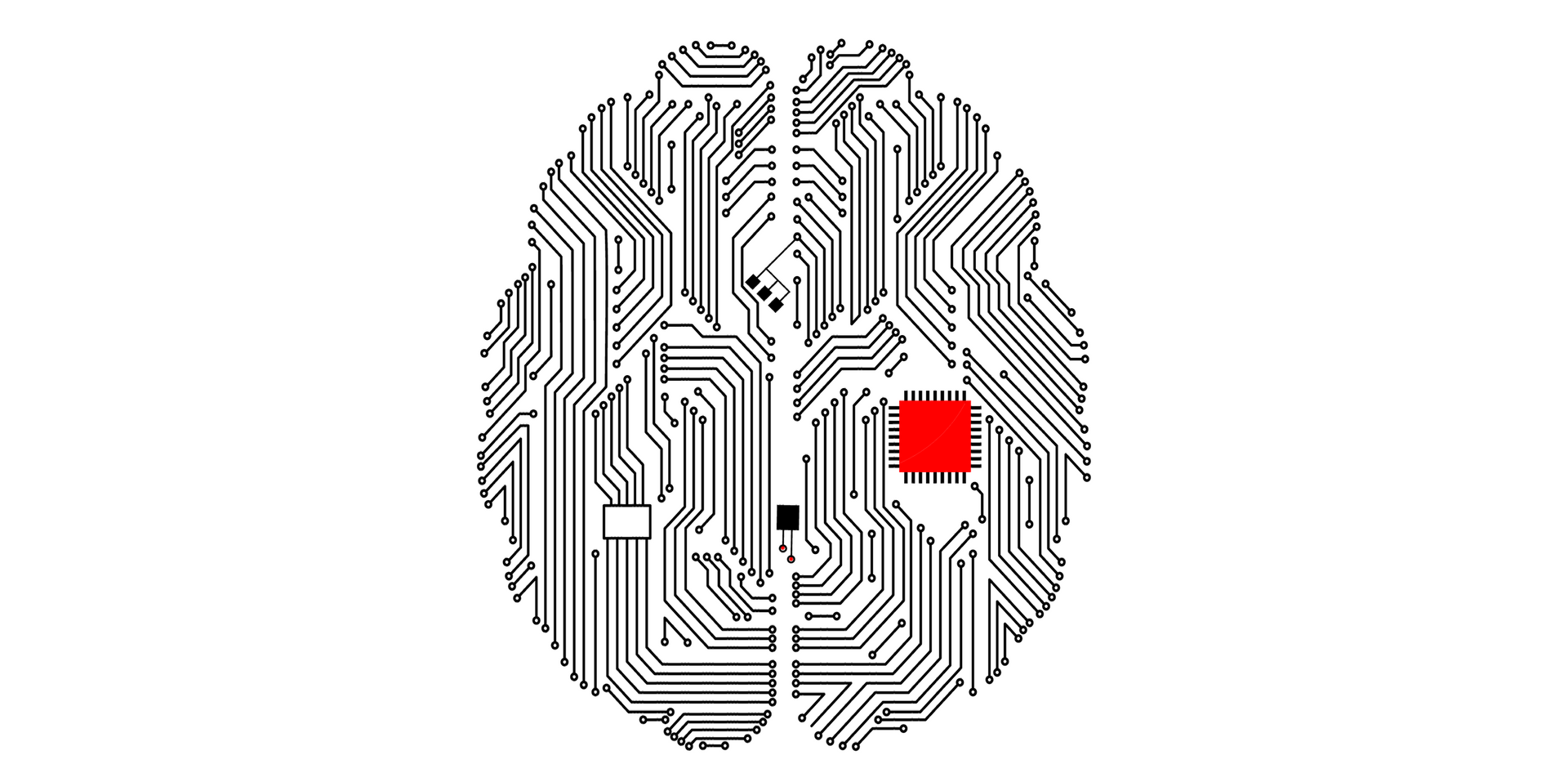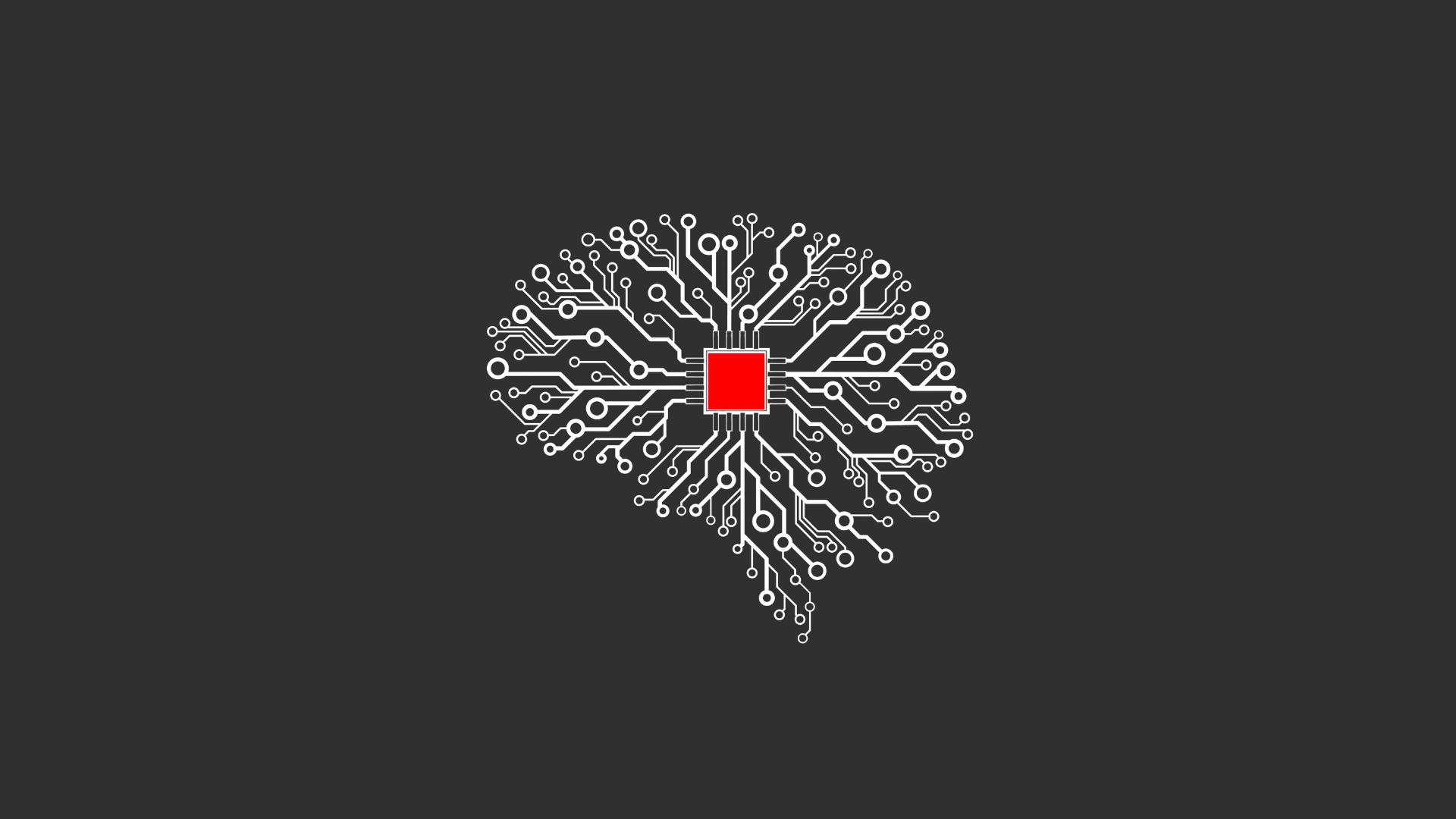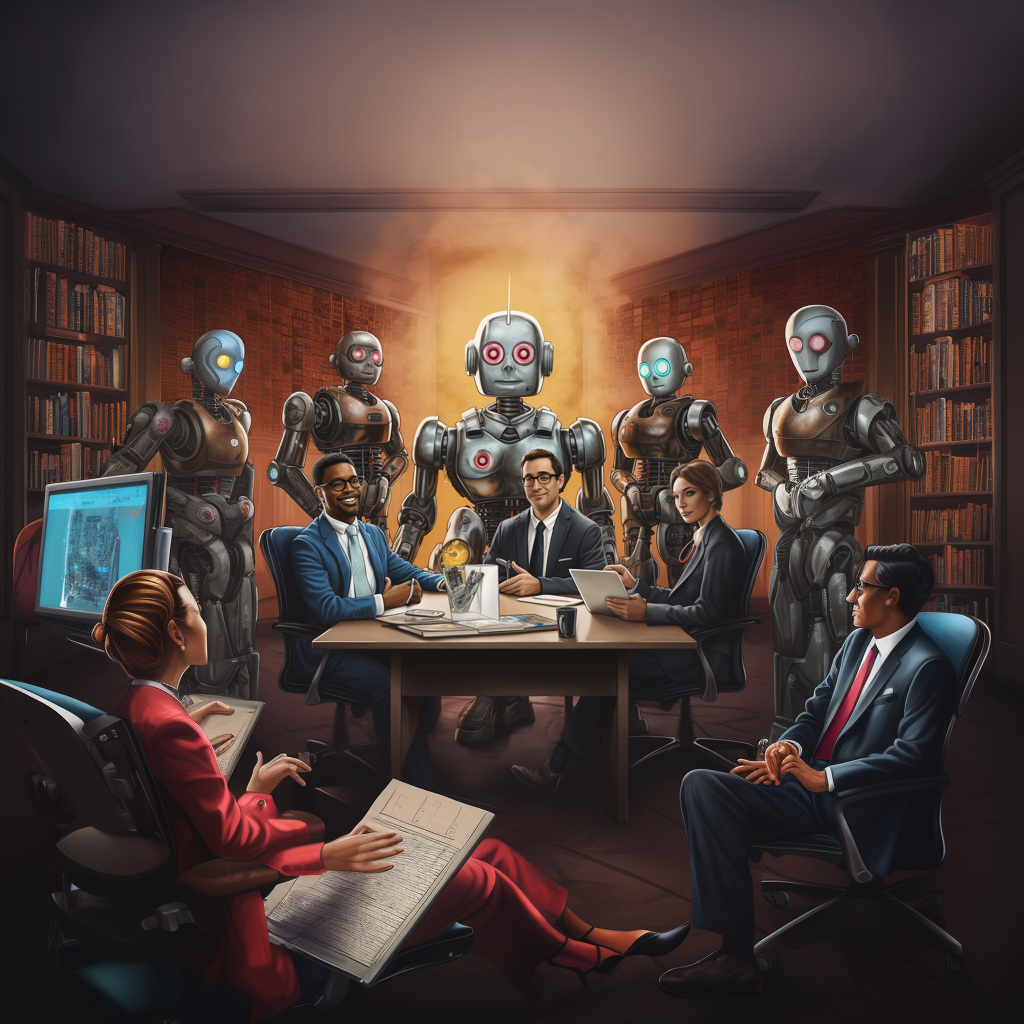We need to talk about ChatGPT
“THE DEVELOPMENT OF AI IS AS FUNDAMENTAL AS THE CREATION OF THE MICROPROCESSOR, THE PERSONAL COMPUTER, THE INTERNET, AND THE MOBILE PHONE.” — BILL GATES
The legal profession has long been characterized by daunting hours, high-stress environments, and difficulty in balancing personal and professional lives. Lawyers are well aware of the sacrifice, intellect, and work ethic required to serve clients in this demanding field. What if lawyers could maintain (or increase) revenues while reducing workloads and work hours? What if this same solution could also potentially improve access to justice? Could we navigate the potential benefits and pitfalls? This may be a pipe dream. Or it may be here.
The ascendence of advanced large language models (LLMs) like GPT-4 and ChatGPT have sparked conversations about the future of the legal profession and how these AI-driven systems might help remedy some of the profession’s less-favorable aspects. Recent, exponential leaps in LLMs have presented both opportunities and challenges that have the capacity to reshape the legal landscape, making the law more accessible and affordable. This article will examine the potential of LLMs like GPT, and how, if approached thoughtfully and ethically, these tools might contribute to a more balanced, efficient, and fulfilling legal career while also improving our society and justice system.

